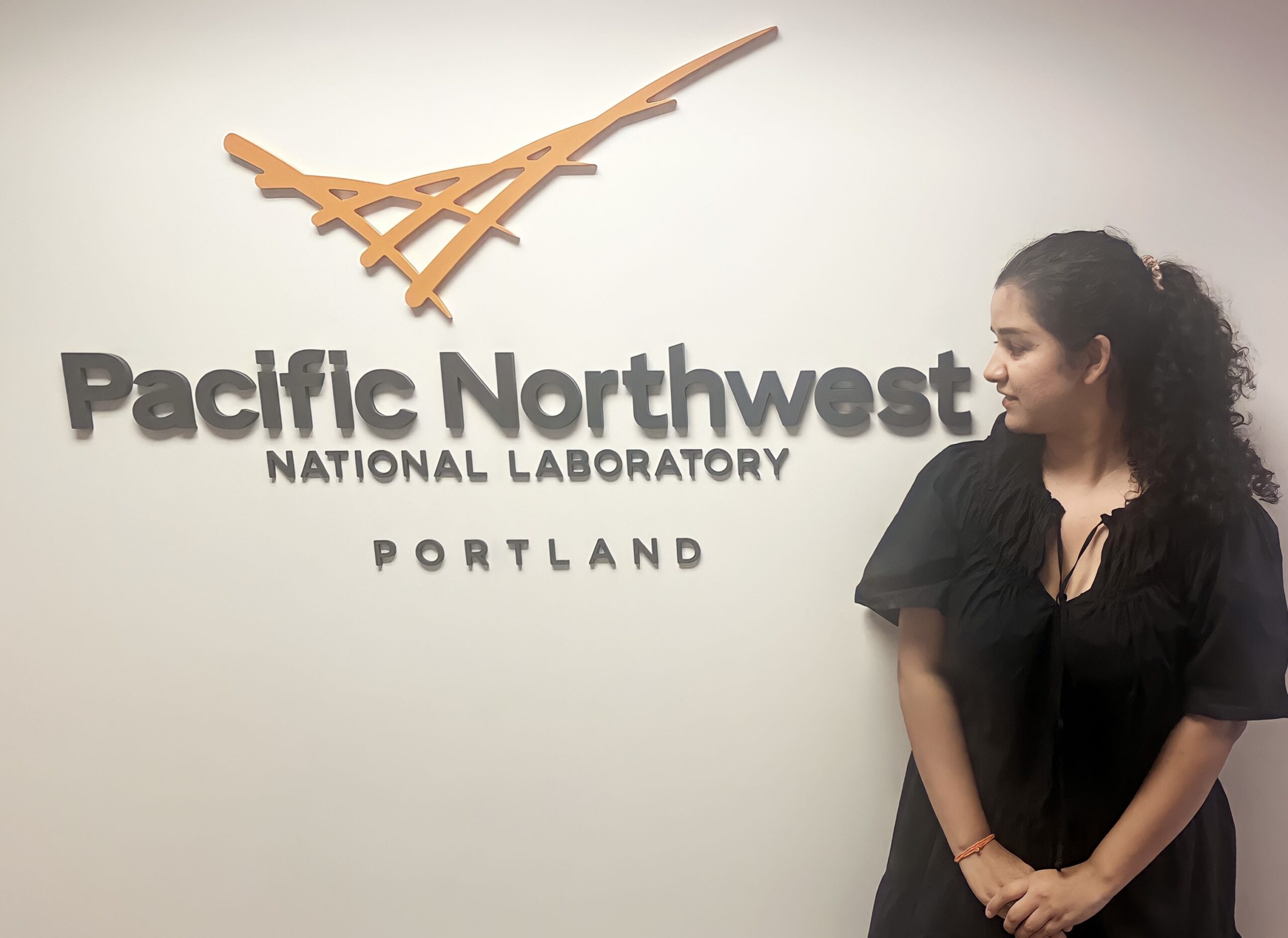Finding Light in the Fight Against Climate Change
All I knew, when I moved across the world from India to the U.S. for my Masters, is that I wanted to be an economic researcher. I barely understood what being a researcher really meant at that time. When the Pacific Northwest National Laboratory, Department of Energy, brought me on board as an economics researcher, I initially thought I’d be diving into a rather straightforward subject. However, what seemed like a basic field soon revealed itself to be filled with deep rooted domain knowledge and complicated terminology made more complex by the use of acronyms. It took me a full year before I could start making sense of the coffee break discussions about “smart home metering.” As I put in more efforts to understand the rapidly changing world of energy demand and supply, a very exciting field opened itself to me. Energy sustainability and climate change were no longer textbook concepts; they were real-world challenges brimming with intriguing questions that I could answer through my work.

With time, this research interest developed at USC into a broader love for developmental issues faced by cities across the globe. In the world of urban economics, I’m looking at the big picture—how energy, transportation, housing, and equity intersect. My focus right now is on understanding how energy efficiency shapes our cities, how consumers are influencing the energy market, and what all of this means for everyone involved. Whether it’s the economic side of energy storage or how climate adaptation impacts local economies, there’s always a “hot” topic to discover.
Now, research isn’t just about testing our theoretical understanding of the world. It’s also about uncovering the practical issues that no one even thought of when designing theoretical models. For instance, California has had many rapid regulatory changes in the field of Electric Vehicle adoption, just in the last few years. As California asks its residents to involve itself in developing and testing these changes, who ends up getting involved in these energy programs? And who doesn’t? The ones who don’t, why don’t they? My research delves into these questions, highlighting areas where some communities might be getting left behind.
This is where the Wrigley institute’s support has been instrumental in my ongoing work. They’ve given me access to a broad network of experts, shedding light on different perspectives and areas of study. Tackling the looming issue of climate change does not just require one type of researcher. It’s about the collective multi-disciplinary effort, the sum of all parts, supported with revisions and peer review from a broad spectrum of experts working on this issue. The Wrigley Institute gets that! I have met so many of my peers (from USC and other organizations) working on similar issues through this fellowship, that I didn’t have avenues of meeting or learning from before. Not only that, but the Wrigley Institute’s full support during the summer has allowed me to travel to the regions that my research focuses on and collect data on the ground.
As for the future? While the challenges of climate change are vast, there are moments that genuinely give me hope. It’s not just in the research breakthroughs, but in the everyday actions of people and local communities. From schools starting recycling programs to neighbors discussing energy-efficient home improvements, these small steps matter. It’s these glimpses of progress that keep me optimistic and motivated. It’s a tough journey ahead, but I’ve got you and you’ve got me!
Vanshika Fotedar is supported by the USC Dornsife Wrigley Institute Graduate Fellowship.
